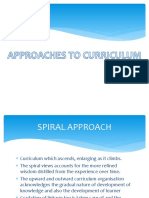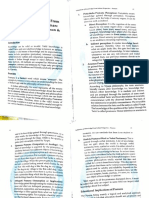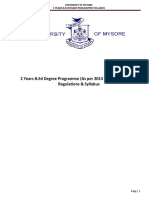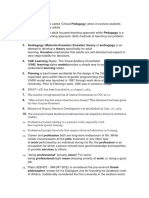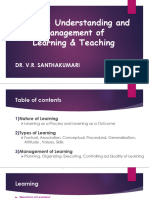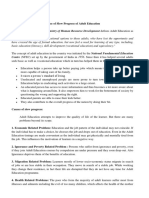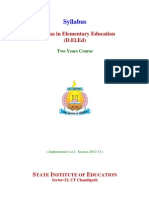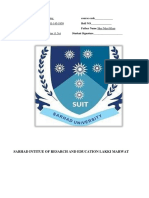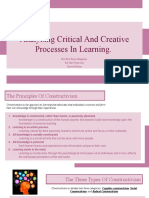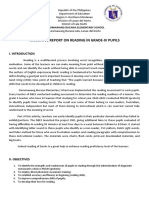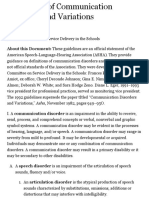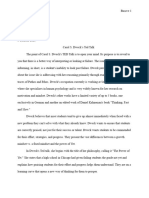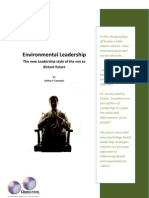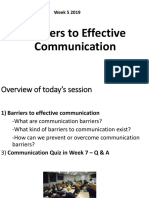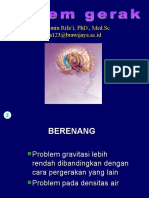0% found this document useful (0 votes)
1K views2 pagesBasic Assumptions Knowledge Learning
This document explores the fundamental assumptions about knowledge and learning through various philosophical and psychological perspectives. It highlights key definitions of knowledge, types of knowledge, and assumptions about the learning process, including the importance of social interaction and play. The conclusion emphasizes the significance of these assumptions for educators and curriculum planners in creating effective learning environments.
Uploaded by
bavasakamaladeenCopyright
© © All Rights Reserved
We take content rights seriously. If you suspect this is your content, claim it here.
Available Formats
Download as DOCX, PDF, TXT or read online on Scribd
0% found this document useful (0 votes)
1K views2 pagesBasic Assumptions Knowledge Learning
This document explores the fundamental assumptions about knowledge and learning through various philosophical and psychological perspectives. It highlights key definitions of knowledge, types of knowledge, and assumptions about the learning process, including the importance of social interaction and play. The conclusion emphasizes the significance of these assumptions for educators and curriculum planners in creating effective learning environments.
Uploaded by
bavasakamaladeenCopyright
© © All Rights Reserved
We take content rights seriously. If you suspect this is your content, claim it here.
Available Formats
Download as DOCX, PDF, TXT or read online on Scribd
/ 2






